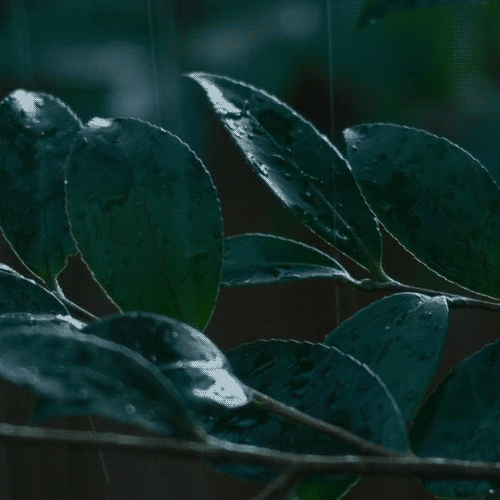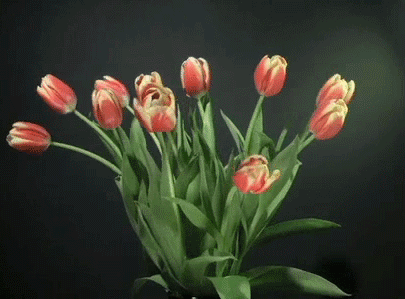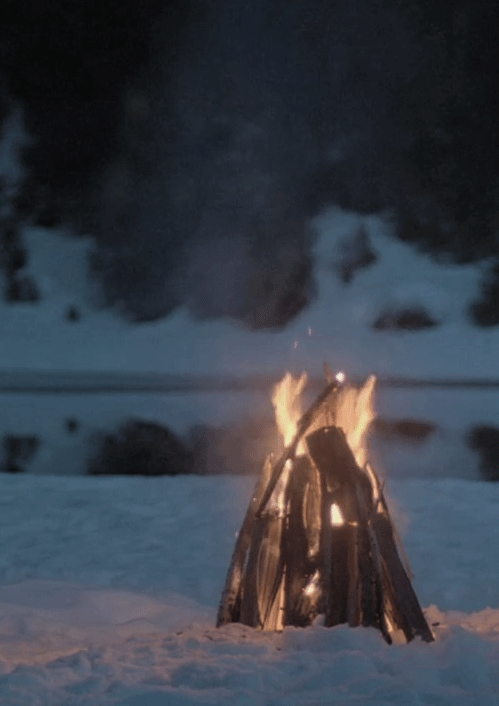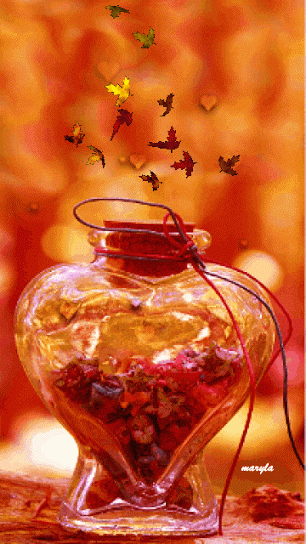-
A confusing role Comment July 9, 2015 -
When people hurt you Comment July 9, 2015 -
Explain your anger Comment July 9, 2015 -
A girl like you Comment July 9, 2015 -
The one who touches your soul Comment July 9, 2015 -
Kitty and a lemon Comment July 9, 2015It has been suggested that cats actually began hissing after hearing snakes hiss. This behavior may actually originate from imitating snakes. Your cat might really be a copy cat! Because snakes can be so deadly, other animals know to pay attention and shy away from its characteristic hiss. The hiss is a warning to other animals or people to stay away, whether it comes from a snake or an unhappy cat. A cat’s hissing is often a result of fear. The introduction of another animal into the home, for example, another
cat or a dog, is a common reason for a cat to hiss. Anything or anyone a
cat doesn’t know scares it and so it hisses as a defense mechanism. Source: omgfacts -
Love and kindness Comment July 8, 2015 -
Carve your name on hearts Comment July 8, 2015 -
If anybody speaks ill of you Comment July 8, 2015 -
The punishing wave Comment July 8, 2015Samudda-Vanija-Jataka
It was while staying at Jetavana that the Buddha told this story about Devadatta.
After his three attempts to kill the Buddha had failed, Devadatta made five demands–that bhikkhus live only in the forest, that they eat only food received on almsrounds, that they wear only rag robes, that they stay only under trees, and that they eat neither meat nor fish. The Buddha rejected the demands, saying, “Enough, Devadatta! Any bhikkhu who desires to do so may undertake these austerities, but I will not impose them.”
“Whose words are nobler,” Devadatta exclaimed, “the words of the Tathagata or mine? I declare that, for all their lives, bhikkhus should follow these rules. Whoever desires release from suffering, let him come with me!”
At that time, there were five hundred Licchavis who had recently ordained as bhikkhus. These young men were impressed by Devadatta’s bravado, and they decided to follow him. Some laypeople, as well, were persuaded that these austerities were necessary and gave their support to Devadatta.
The Buddha asked Devadatta whether it was indeed his intention to create a separate Sangha, and Devadatta replied that it was. “Devadatta,” the Buddha warned, “creating a schism in this way is a grievous thing to do!”
Completely ignoring the Buddha’s warning, Devadatta announced to Venerable Ananda that, henceforth, he would be observing Patimokkha independently from the Buddha’s Sangha. When this was reported to the Buddha, the Blessed One proclaimed, “Devadatta is doing something which will be of no benefit to himself and which will, in fact, cause him to be tormented in Avici hell.”
On the next Uposatha Day, Devadatta took his followers to Gayasisa to observe the Patimokkha. The Buddha summoned Venerable Sariputta and Venerable Moggallana and asked them to go to Gayasisa and to bring those bhikkhus back to Rajagaha.
Devadatta welcomed the two chief disciples and sat them beside him. As he taught the assembled bhikkhus, he attempted to imitate the Buddha. After a while, still trying to act like the Buddha, he claimed to be suffering from an aching back and asked Venerable Sariputta and Venerable Moggallana to continue instructing the young bhikkhus while he retired to rest.
The two chief disciples taught the Dhamma so clearly and skillfully that all five hundred of those bhikkhus abandoned Devadatta and returned to Rajagaha.
Kokalika, Devadatta’s personal attendant, rushed to his master’s chamber and shouted, “Get up, Devadatta! Sariputta and Moggallana have taken away your monks. Why didn’t you listen to my warning? I told you not to trust those two!”
Without getting out of bed, Devadatta muttered, “Sariputta and Moggallana cherish evil desires! They are under the control of evil desires.” Kokalika was so disgusted by this jibberish that he kicked Devadatta in the chest, causing him to vomit hot blood.
After this incident, Devadatta’s health steadily worsened. One day, he said to his followers, “I desire to see the Teacher. Make it possible for me to see him.”
“When you enjoyed good health,” his disciples retorted, “you were at odds with the Teacher. Now that you are ill, we will not take you to him.”
“Please do not destroy me!” Devadatta begged. “It is true that I have felt hatred toward the Teacher, but the Teacher has not felt even so much as a twinge of animosity toward me. I have thought evil of the Tathagata, but, in his mind, there has never been a single thought of malice toward me. Even among the eighty great disciples there is no hostility toward me. By my own deeds alone am I forlorn, cut off from the Buddha, separated from the great disciples. I must go to the Buddha and reconcile myself with him!”
Hearing this heartfelt plea, his followers relented and prepared a litter. They placed Devadatta on it and carried him slowly toward Savatthi.
Venerable Ananda heard that Devadatta was coming and announced to the Buddha that his cousin was coming to make his peace.
“Ananda,” the Buddha replied, “Devadatta shall not see me.”
Later, Ananda reported that Devadatta and his entourage had reached the city, and the Buddha repeated his statement that Devadatta would not succeed in seeing him.
When Ananda announced that Devadatta had reached the lotus tank, the Buddha declared,”Even if he enters Jetavana Monastery itself, he will not succeed in seeing me.” Continue reading


















